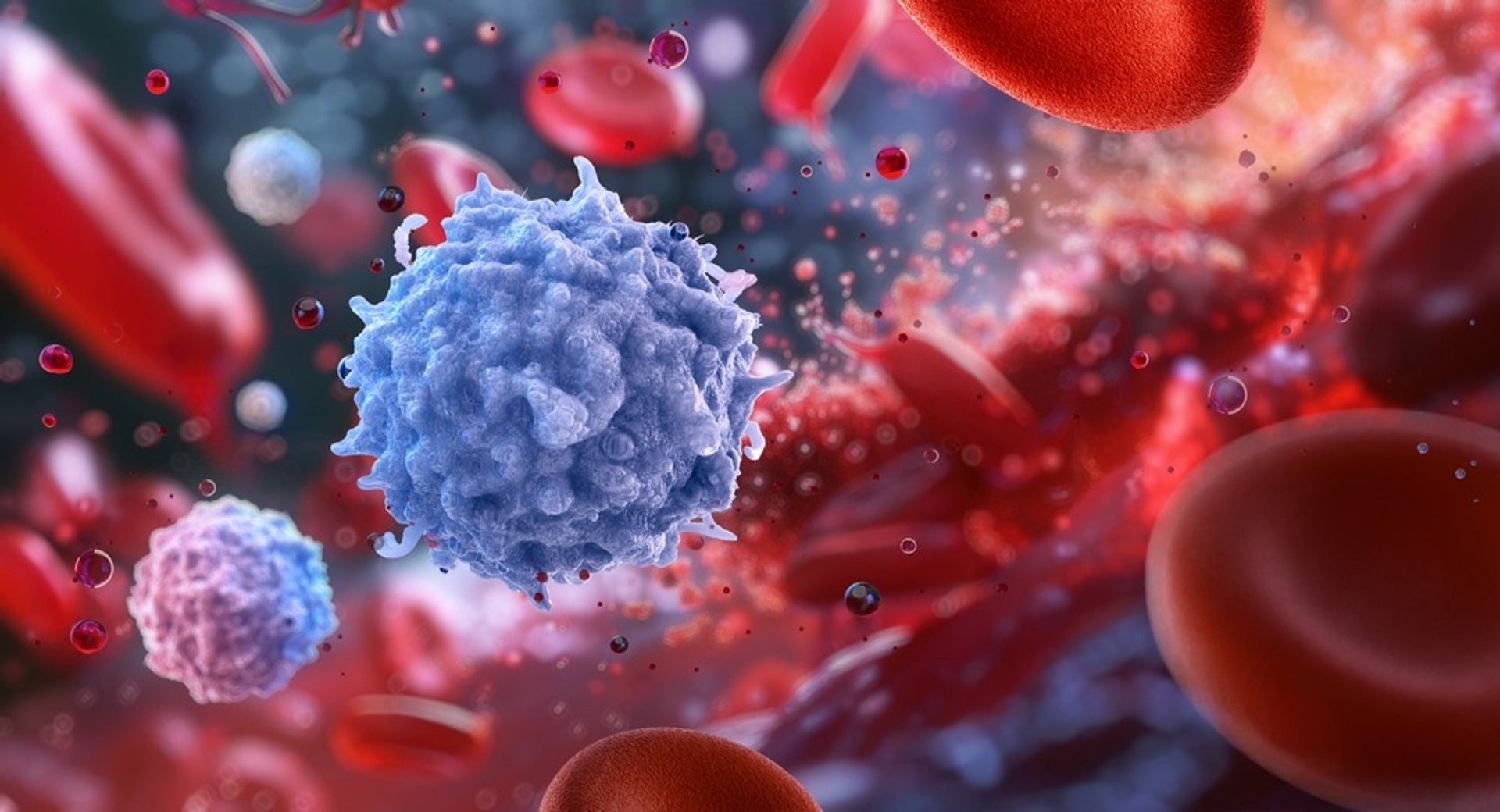
The story of your immune system
The story of your immune system: The invisible protector of your body
Think of your body as a vast, strategic army, always on high alert to defend against invaders. This remarkable army is your immune system—a complex network of cells, organs, and chemicals working in harmony to keep you safe. It operates quietly, often without your awareness, tirelessly shielding you from bacteria, viruses, and toxins.
How does this incredible system work? And how can you help it stay strong? Let’s take a closer look at the immune system’s fascinating story and the vital role it plays in your health.
Act 1: The first line of defense
Your immune system’s first mission is prevention. The skin, your body’s largest organ, acts as a fortress wall, keeping harmful microbes out. Mucous membranes in your nose, throat, and lungs trap and neutralize potential threats before they gain a foothold.
This initial line of defense comes equipped with powerful secret weapons:
Tears and Saliva: These contain enzymes that break down bacteria.
Stomach Acid: Most pathogens in food and drink are destroyed here.
When these defenses are breached, the immune system’s next team steps in to protect you.
Act 2: The innate immune response
Once invaders penetrate the first barrier, your innate immune system launches an immediate counterattack. Think of it as your body’s rapid-response team, ready to react within minutes.
Key players include:
Macrophages: These “big eaters” engulf and digest harmful invaders.
Natural Killer Cells: They hunt down infected or abnormal cells, destroying them to stop infections from spreading.
While fast and effective, the innate immune system isn’t specific—it treats all invaders as potential threats. When the battle
intensifies, it calls in reinforcements from the adaptive immune system.
Act 3: The adaptive immune system
This is where your immune system’s brilliance shines. The adaptive immune system learns, remembers, and tailors its response to specific threats.
When a pathogen invades, it leaves behind tiny “footprints” known as antigens. T cells and B cells recognize these antigens and mount a targeted attack:
B Cells: Produce antibodies, proteins that neutralize or destroy invaders.
T Cells: Some coordinate the immune response, while others directly kill infected cells.
Even after the battle is won, memory cells remain, enabling a faster, stronger response if the same pathogen returns. Vaccines harness this principle, teaching your immune system to recognize specific threats without making you sick.
Act 4: The importance of Balance
For your immune system to function optimally, balance is essential. If it’s too weak, you become more susceptible to infections. If it’s overactive, it can attack your own tissues, leading to autoimmune conditions like rheumatoid arthritis or allergies. Supporting this delicate balance is key to staying healthy.
Act 5: Supporting your immune system
Your immune system is extraordinary, but it needs your support. Here’s how you can help it thrive:
1. Nutrition: Fueling your defense
A nutrient-rich diet is the foundation of a strong immune system. Key nutrients include:
Vitamin C: Boosts white blood cell production. Found in citrus fruits, bell peppers, and broccoli.
Zinc: Helps immune cells communicate effectively. Found in nuts, seeds, and legumes.
Probiotics: Promote gut health, which is deeply connected to immunity. Found in fermented foods like yogurt, sauerkraut, and kimchi.
More info about nutrition here
2. Exercise: Strengthening the troops
Regular, moderate exercise improves circulation, helping immune cells travel throughout the body efficiently. Check this out
3. Sleep: The ultimate repair mechanism
While you sleep, your body produces infection-fighting molecules like cytokines. Lack of sleep weakens your immune defenses, so aim for 7–9 hours of quality rest each night. More info about sleep
4. Stress management: Preventing burnout
Chronic stress increases cortisol levels, which suppress immune function. Manage stress with mindfulness practices, yoga, or simply spending time in nature.
Act 6: The future of your immune system
Your immune system evolves throughout your life.
In Childhood: It rapidly learns and builds memory as it encounters new pathogens.
In Adulthood: It operates at peak efficiency, quickly responding to threats.
In Older Age: It begins to slow down, making healthy habits even more critical to maintaining its strength.
Conclusion
Your immune system’s story is one of adaptability, resilience, and balance. It works tirelessly behind the scenes to protect you, but its success depends on your choices. By nourishing your body, managing stress, staying active, and prioritizing rest, you can give your immune system the support it needs to continue its heroic work.
The story of your immune system
Think of your body as a vast, strategic army, always on high alert to defend against invaders. This remarkable army is your immune system—a complex network of cells, organs, and chemicals working in harmony to keep you safe. It operates quietly, often without your awareness, tirelessly shielding you from bacteria, viruses, and toxins.
1/20/2025





